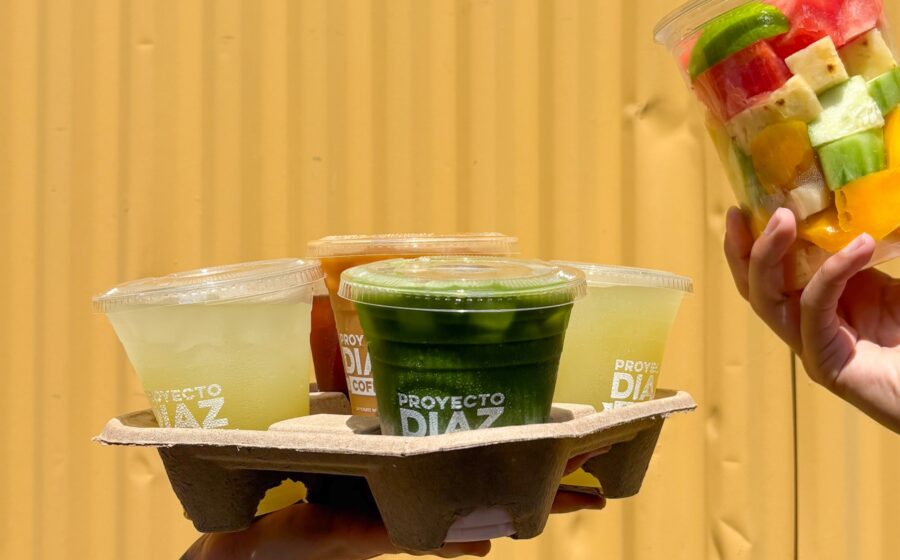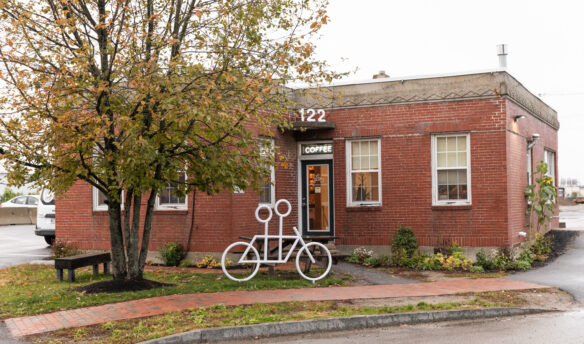This article is sponsored by our partner, Your Brand Cafe.
Coffee shops produce significant waste: single-use plastics, to-go packaging, nonstop electricity and water consumption, cans, bottles, cardboard boxes, and so on. All of these items or utilities, while necessary for daily operations, contribute to long-term environmental harm. Yet even the small business owners who are aware of these dynamics, and wish to operate more sustainability, face significant financial barriers to making changes.
For example, there are roasters that produce fewer carbon emissions and espresso machines that draw less power when idle. These products—implemented alongside other initiatives, like installing solar panels or growing plant-based ingredients—can help a business meet sustainability targets. However, they remain time- or cost-prohibitive for most coffee shop owners.
This begs the question: Is it even possible for coffee shops to lead a profitable operation while focusing on eco-friendly processes? Craig Warner, CEO at Your Brand Cafe—a manufacturer of custom coffee cups and other cafe packaging—believes so. Through the use of strategic packaging choices and creative initiatives, he says that coffee shops can minimize their impact on the environment while still protecting their bottom line.
The Impact of Single-Use Packaging
Over the past two decades, global plastics production has more than doubled, from 213 million tons produced in 2000 to 460 million tons in 2019. “The specialty coffee industry, and the restaurant industry at large, is and will always be tied to single-use consumable packaging,” says Warner. “The convenience of to-go packaging is woven into our fast-paced society.”
But that doesn’t mean we should be complacent. “With that said, we have to be good stewards to the environment,” Warner adds. “We have to take as much responsibility as possible for the material we deliver our products in.” That can be challenging in an era when drive-thru service, mobile ordering, and food delivery apps are thriving, all of which rely on single-use packaging to meet customer demand.
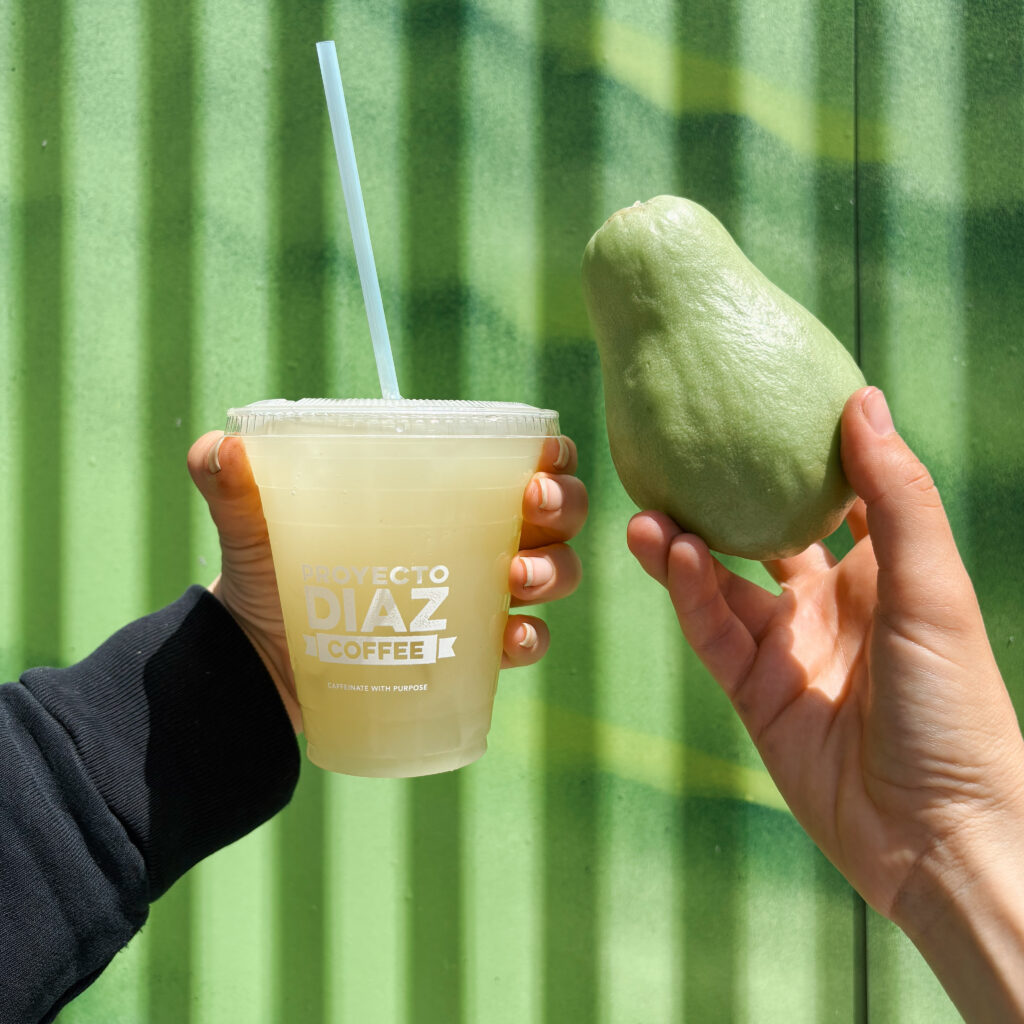
This desire for convenience comes at a cost to our planet. In 2021, a report from the environmental groups Beyond Plastics and The Last Beach Cleanup stated that only 5–6% of plastics were recycled in the United States. 85% ended up in landfills, and the final 10% were incinerated. “It’s time to implement real solutions, particularly the reduction of single-use plastic food service items that have the highest likelihood of polluting our environment,” the groups state within the report.
Coffee consumers are equally concerned for the environment. In a report by Mintel, Jonny Forsyth, senior director at Mintel Food & Drink, claims younger generations of consumers are gravitating toward coffee brands that take action on sustainability initiatives. “Consumers are becoming more aware of carbon emissions and coffee is one of the worst offenders,” he says. “The more activist-minded younger generation will show less tolerance for waste.”
That means coffee shop owners must weigh the desire to deliver drinks quickly against the goal of reducing waste and cutting back on single-use items. Warner believes being selective about the materials used for single-use packaging can help strike a balance.
“We have PLA [polylactic acid] products that are compostable in commercial composting centers. All standard plastic packaging that we sell is fully recyclable,” says Warner. “We just added rPET [recycled polyethylene terephthalate] plastic cups and lids that are manufactured from a percentage of post-consumer recycled plastic, and are fully recyclable again after use.” ”
Warner explains that not all sustainable packaging waste can be simply disposed of. “Our PLA compostable packaging, for instance, can only be processed in professional composting facilities,” he says. “These [facilities] are really only located near some of the largest cities in the country. If such facilities are not available, then I recommend customers purchase our recyclable products and push the reusability of their cups.”
The cost of eco-friendly takeout packaging varies, with PLA compostable cups being the most expensive. Megan Werner, marketing coordinator for Your Brand Cafe, mentions that rPET cups are a more financially sustainable choice for coffee shops looking to purchase environmentally conscious products.
Werner also notes that recyclable and compostable to-go packaging can be used alongside reusable drinkware options that encourage people to stay and sip their drinks. “Quality glassware and mugs help minimize waste and support sustainable operations,” she says.
Reusable drinkware can include carryout mugs and tumblers for customers on the go, but also glassware and ceramic mugs for in-house beverages. Werner explains that, in this way, reusable drinkware can build camaraderie and foster connection: “They encourage in-house dining, creating opportunities to build a stronger sense of community and connection within the cafe space.”
Eco-Friendly Efforts in the Coffee Shop
Beyond opting for eco-friendly single-use products, coffee shops around the world are getting creative with how they reduce their environmental impact. “Many coffee houses have very creative sustainability efforts, from sorting trash to donating coffee grounds or composting it themselves, and of course the use of eco-friendly carry-out packaging,” says Werner. All these efforts, she notes, are free or low-cost to implement.
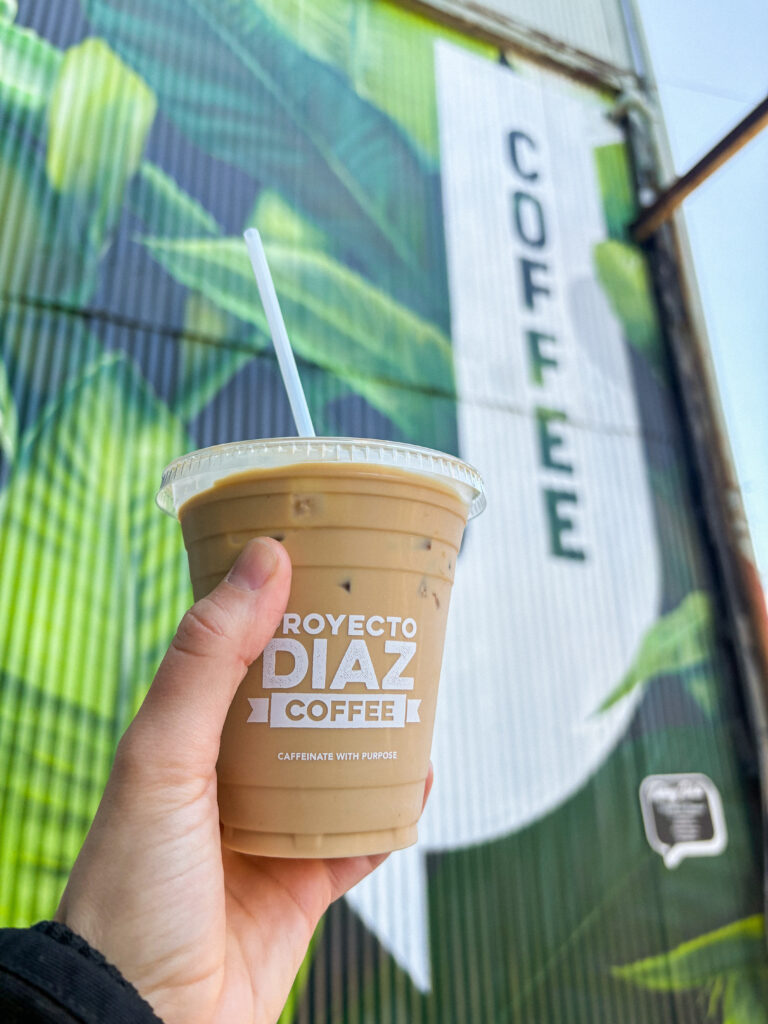
At Proyecto Diaz Coffee in Oakland, California, being a good steward of the environment is a core mission. The Diaz family has been growing coffee in the hills of Oaxaca, Mexico since the early 1900s, and understands coffee’s relationship to the land, putting 10% of annual proceeds back toward their grandfather’s farm. “As a business, we have the ability to make an impact in reducing our waste footprint and, with a collective effort, can make a significant impact to the health of our environment,” says owner Fernando Diaz.
Diaz points out that reducing waste throughout the business is one of the most effective ways for a coffee shop to have a positive impact on the environment. This can be accomplished in myriad ways, from waste-tracking programs that monitor ingredient and inventory usage behind the bar to composting spent coffee grounds and food items.
In addition to buying compostable and recyclable to-go packaging from Your Brand Cafe, Proyecto Diaz Coffee also reuses packaging that would otherwise be turned into waste. For instance, cardboard boxes, bubble wrap, and other paper materials are reused to ship out e-commerce orders. Diaz says the company is additionally working toward using compostable and/or biodegradable coffee bags to help reduce waste. “We also partner with local community farms to donate our coffee waste or jute bags,” he says.
To extend their influence beyond their coffee shop, Diaz and his staff work to educate consumers about coffee production, and how their actions impact those on coffee farms. “We often tell our consumers about the tedious work involved in coffee production and how environmental events like earthquakes, hurricanes, droughts, or unexpected rainfall can have devastating effects on coffee production and pricing,” he says.
Paired with education efforts, simple switches such as offering recycling receptacles and composting coffee grounds and food waste can also have a positive impact on the environment. Take Nashville’s Crema Coffee Roasters, which runs a “zero-waste” coffee shop and partners with organizations including Compost Nashville and Earth Savers to properly dispose of waste. The coffee business also implements tiny but meaningful sustainability efforts, like offering stainless steel straws for in-house beverages, providing local wholesale partners with a “no bag” delivery option, and opting for energy-efficient lightbulbs in all of its cafes.
Clearly, sustainability initiatives don’t need to be excessively expensive or require experience with environmental advocacy to implement. Instead, these coffee businesses show that making small and consistent changes, from opting for reusable drinkware to composting spent coffee grounds, can still have a lasting impact.
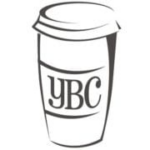
Sponsored by Your Brand Cafe
Your Brand Cafe provides high-quality disposable cups, sleeves, takeout containers, and more to coffee shops and restaurants. Stock up on basics or get custom branded supplies.
